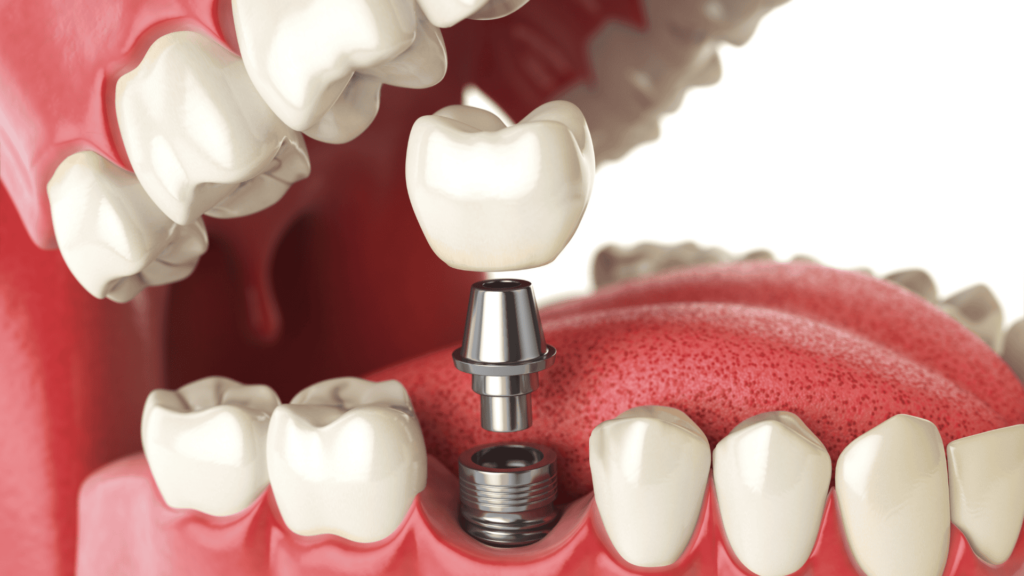Dental implants are artificial tooth roots that provide a permanent base for replacement teeth. They are typically made of titanium and are surgically placed into the jawbone, where they fuse with the bone over time. This process is called osseointegration, which allows the implant to become a strong and sturdy foundation for replacement teeth.
In recent years, dental implants have become increasingly popular due to their high success rates and natural-looking results. In fact, they are considered the gold standard for replacing missing teeth in modern dentistry.
Types of Dental Implants
There are two main types of dental implants: endosteal and subperiosteal. Endosteal implants are placed directly into the jawbone, while subperiosteal implants are placed on top of the jawbone but under the gum tissue. Endosteal implants are the most commonly used type and have a success rate of over 95%.
The Benefits of Dental Implants
One of the main benefits of dental implants is their ability to restore both function and aesthetics to a person’s smile. Other advantages include:
- Improved speech and chewing ability
- Long-term durability
- Preservation of jawbone density
- No reliance on adjacent teeth for support, unlike with bridges or dentures
The Dental Implant Procedure
The process of getting dental implants typically involves several steps over the course of a few months. First, your dentist will evaluate your oral health and determine if you are a good candidate for implants. Then, the implant will be surgically placed into your jawbone and allowed to heal and integrate with the bone.
Once the implant has fused with the bone, an abutment (a small connector) is attached to the implant, which will hold the replacement tooth or teeth in place. Finally, custom-made crowns or bridges are placed on top of the abutments to complete the restoration.
Aftercare and Maintenance
Proper aftercare is crucial for the long-term success of dental implants. This includes practicing good oral hygiene, avoiding hard or sticky foods, and attending regular check-ups with your dentist. With proper care, dental implants can last a lifetime.
Alternatives to Dental Implants
While dental implants are a popular and effective option for replacing missing teeth, there are some alternatives that may be more suitable depending on your individual case. These include:
- Bridges
- Dentures
- Mini implants
Ultimately, the best treatment option will vary based on factors such as the number of missing teeth, overall oral health, and personal preferences.

